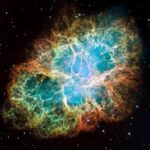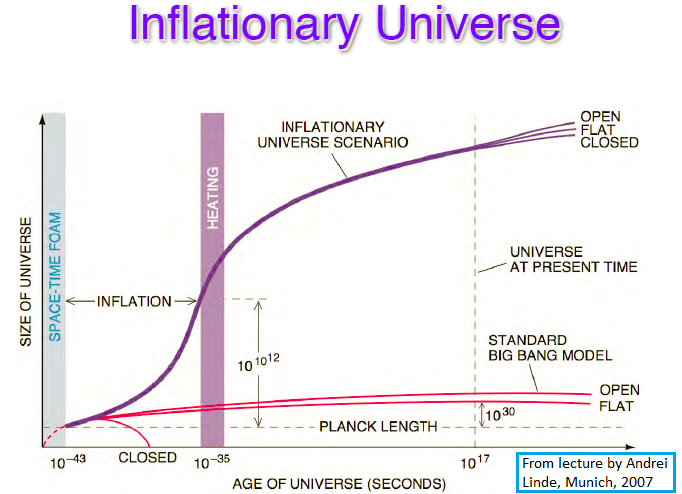Hi ivar,
I have read a number of Lisle’s published works…i will make the caveat that i am not expert in his area of publication however i do understand his arguments…some i agree with, others i do not agree with.
I am a YEC (as everyone here knows)
I agree with the 7 day literal creation account as recorded by the prophet Moses. He was a biblical prophet btw, just so you recognise that is important for his credibility. Moses was given his message via direct communication with God. We also know from the witness of many other bible writers that a very common method of God communicating with prophets and apostles was through visions and dreams. This means that the argument the bible writer did not understand what God was trying to convey…that argument is 100% false!
Ok. so with the above out of the way…onto your question…
-
I for one do not agree with Lisles theology in many areas. I disagree with any Christian who claims that the Seventh Day Sabbath was done away with at the cross and that we are under a New Covenant (the inference being that the New Covenant and the Old are different…they are exactly the same)
-
Without getting tangled up in nonsense debates about the mechanics of the big bang…if the bible says “in the beginning God created the heavens and the earth”, then that means prior to God creating them, they did not exist. In our limited human abilities to visualise the creation of everything we observe around us…i have no problem with the notion of the big bang…in that a singularity expanded (if you like) out to become everything we see around us. I do not make the claim that the singularity is metaphorical for God…of course that argument can be made, but the fact is, we are here physically!
-
I would also not go so far as to make the claim Lisle is unscientific or his arguments are wrong. He is drawing philosophical conclusions from the evidence he has before him. Any individual, whether science or stupid, is perfectly entitled to make strong academic arguments with all the necessary supporting evidence to obtain a high distinction grade for their work. Lisle does earn that grade. Does this mean Lisles view is the only correct one? No! (for myself as a YEC to say that is significant btw)
I will be interested in reading what other here have to say about this, but I’m sure that we mostly agree that the Big Bang isn’t necessarily falsified by the James Webb Telescope observations. I accept that there are theological dilemmas with the naturalistic model of the Big Bang, however, the fundamental part i think is correct because it aligns with the notion of God as a creator speaking into existence everything we see around us.
Oh i forgot to add an important point for me…the question “is space expanding?” i think is pointless. If God is eternal, everlasting…has always been here, why should we even bother with trying to explain boundaries? I think that is correctly criticised by naturalists as a stupid argument. So on this one, Lisle and i diverge.
I also do not like it when individuals cite their own works as evidence. In his introduction he states, “Creationists…”, then straightaway cites himself from 2 years ago (2022) as evidence of that claim…that’s not what he is inferring with the notion of creationists! The inference is other creationists…these should be who he cites, not himself.
Finally, as i said, his paper does earn its grade. Lisle is very good at producing credible academic work with adequate references…we should not delude ourselves into thinking the answer to his views are that he is stupid or a pseudoscientist!
Just accept that we all make philosophically driven conclusions from the evidence before us.
Dont be too concerned by that…it wont make any difference to your salvation! Christ made salvation quite simple:
“love the lord thy god with all thy heart mind and soul, and love thy neighbour as thyself”
and
“in as much as you do it to the least of these my brethren, you did it to me”
I spend time on these forums arguing with Theistic Evolutionists because i enjoy it and it stimulates my mind…it has nothing to do with improving my chances of salvation. Debating this stuff takes us away from whats really important…focusing on God and loving our neighbour. (just my take on it)
![]()


